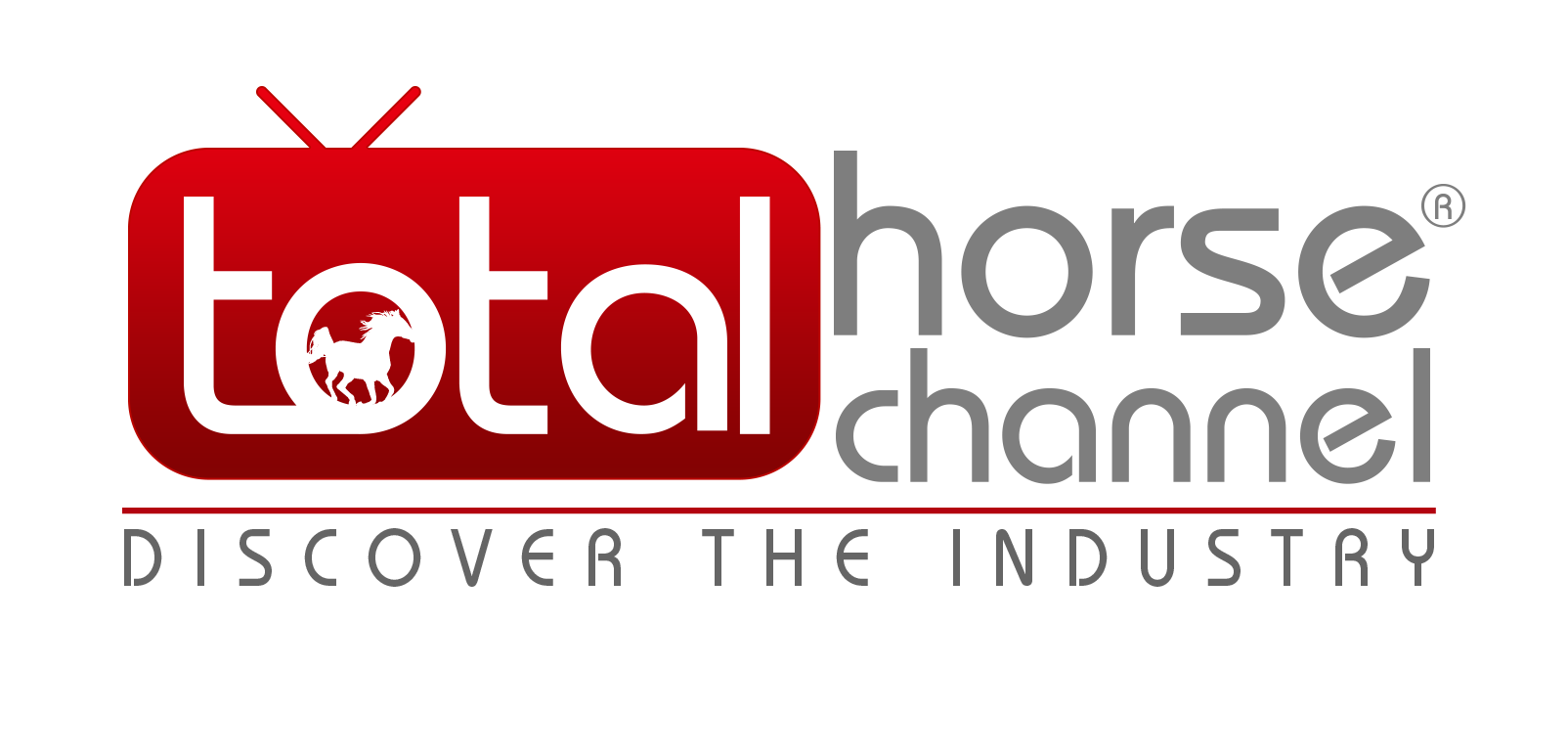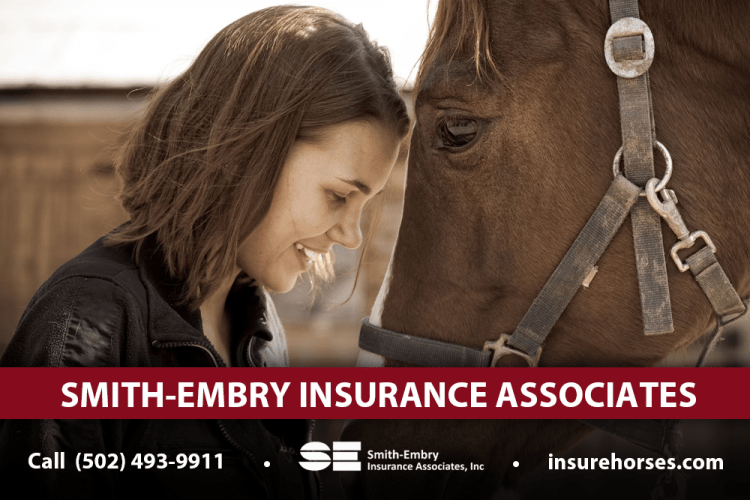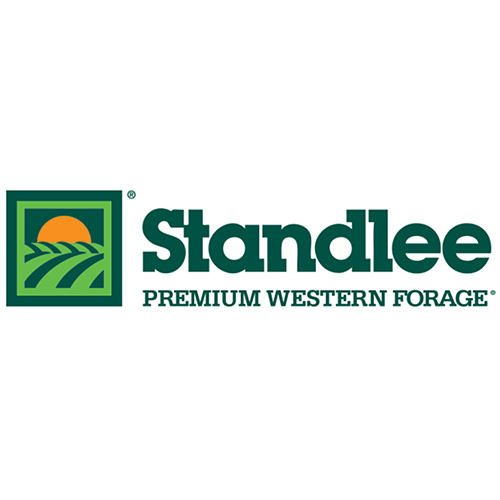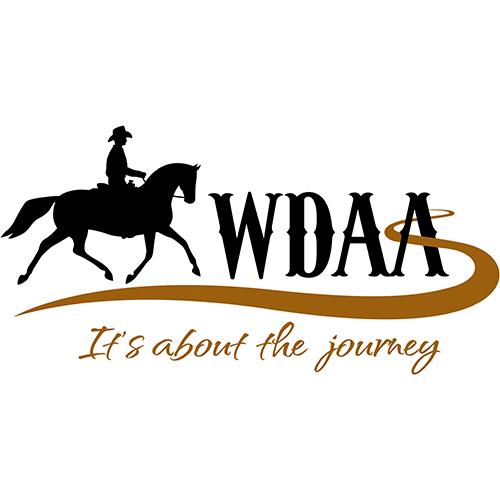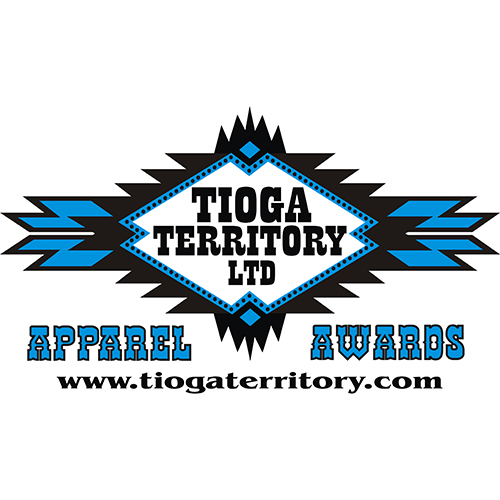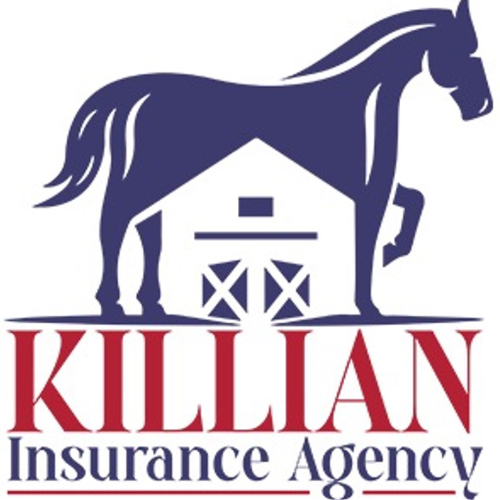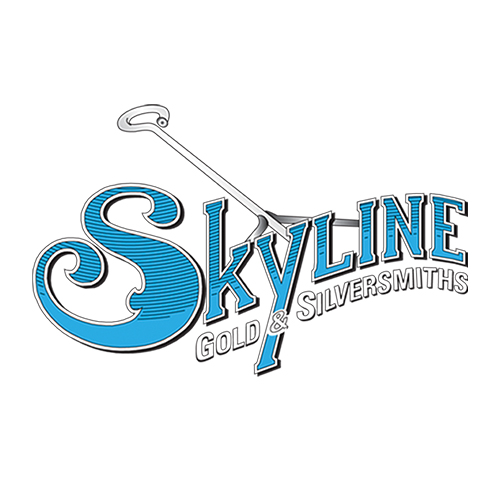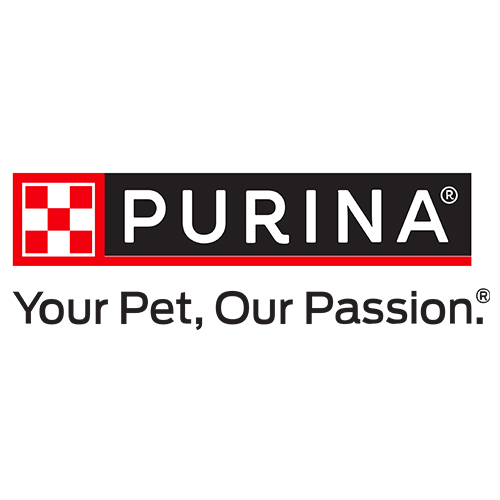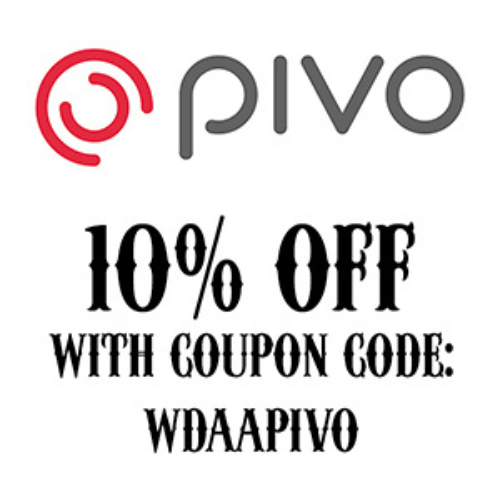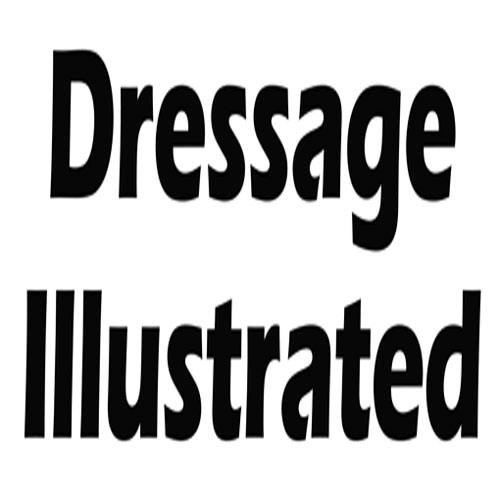An interview with Beverly A. Smith of
Smith-Embry Insurance Associates, Inc.
Smith-Embry Insurance Associates Inc., was founded in 1991 and is dedicated to the insurance needs of the equine industry. As an independent insurance agency, Smith-Embry has access to many equine insurance markets enabling us to do the shopping for you. We make sure we offer the best coverage at the best price for all of your equine insurance needs.
Q & A with Beverly Smith-Embry
INSURANCE FOR YOUR HORSE.
Q: Many clients are only looking for medical and/or surgical insurance to cover unforeseen veterinary expenses, can such a policy be purchased?
A: Unfortunately, a stand-alone major medical or surgical policy is not offered by any equine insurance markets. The major medical and/or surgical insurance is an endorsement or enhancement to a Mortality & Theft Insurance Policy on your horse. Further, in most cases today, the annual limit of the medical insurance cannot exceed the mortality amount placed on your horse.
Q: When “shopping” for an insurance policy on my horse, especially in providing adequate insurance for veterinary treatment for an injury or illness sustained by my horse, are there any difference in coverages to be worried about before applying for the policy?
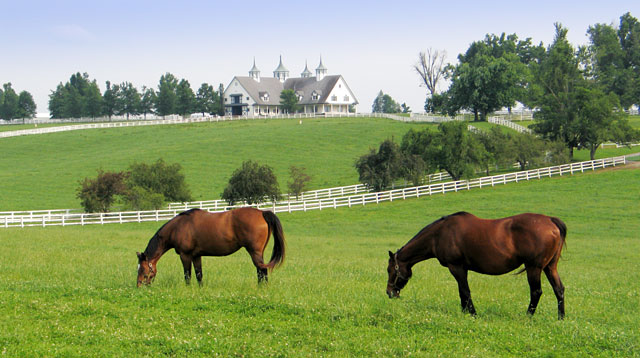 A: The first thing you should consider is the limit of coverage you feel will be adequate. We offer annual limits of $7,500, $10,000 and $15,000 (but the major medical/surgical annual limit cannot exceed the mortality sum insured with most companies). Another very important consideration is are there going to be Co-Pays (80% of claim paid by the insurance company/20% paid by you) or Sub-Limits on certain veterinary procedures, such as diagnostics, stem cell, shockwave therapy. Many companies require a Co-Pay or Sub-Limit which could substantially reduce reimbursement to you in the event of a claim. OUR MAJOR MEDICAL/SURGICAL ENDORSEMENT DOES NOT HAVE CO-PAYS OR SUB-LIMITS. Also, what will be the deductible amount applied to each claim. You may reduce the cost of the insurance by selecting a higher deductible, but the premium savings is usually much less than the difference when a higher deductible is applied to your claim. Another very important consideration is how long will the current policy continue to reimburse for vet expenses for a reported claim. Our policy will continue to reimburse for veterinary expenses related to incident reported for a period of 12-months from the date of the injury or illness, up to the annual limit of coverage and for a period of 6-months from the occurrence date resulting in non-surgical lameness claim. Many insurance policies might only pay for 60-120 days from the date of the incident. Some injuries may require several months of rest and then perhaps your vet will recommend a re-check before your horse goes back to full training. It is good to know your insurance will still apply. Of course, like everything, the cost to purchase the insurance is important, but don’t just look at the applicable premium cost. Less is not always better. You certainly don’t want any surprises when you have a claim.
A: The first thing you should consider is the limit of coverage you feel will be adequate. We offer annual limits of $7,500, $10,000 and $15,000 (but the major medical/surgical annual limit cannot exceed the mortality sum insured with most companies). Another very important consideration is are there going to be Co-Pays (80% of claim paid by the insurance company/20% paid by you) or Sub-Limits on certain veterinary procedures, such as diagnostics, stem cell, shockwave therapy. Many companies require a Co-Pay or Sub-Limit which could substantially reduce reimbursement to you in the event of a claim. OUR MAJOR MEDICAL/SURGICAL ENDORSEMENT DOES NOT HAVE CO-PAYS OR SUB-LIMITS. Also, what will be the deductible amount applied to each claim. You may reduce the cost of the insurance by selecting a higher deductible, but the premium savings is usually much less than the difference when a higher deductible is applied to your claim. Another very important consideration is how long will the current policy continue to reimburse for vet expenses for a reported claim. Our policy will continue to reimburse for veterinary expenses related to incident reported for a period of 12-months from the date of the injury or illness, up to the annual limit of coverage and for a period of 6-months from the occurrence date resulting in non-surgical lameness claim. Many insurance policies might only pay for 60-120 days from the date of the incident. Some injuries may require several months of rest and then perhaps your vet will recommend a re-check before your horse goes back to full training. It is good to know your insurance will still apply. Of course, like everything, the cost to purchase the insurance is important, but don’t just look at the applicable premium cost. Less is not always better. You certainly don’t want any surprises when you have a claim.
EQUINE LIABILITY
Q: Please provide some incidents as to why I should consider an Equine Liability Policy?
A: A gentle horse could spook during a riding lesson and the rider could fall off. Someone visiting your farm gets kicked by a horse during a clinic. You are leading your horse at a horse show and it breaks away from the lead and runs through a crowd or perhaps even a parking area causing damage to several vehicles. Even though this does not appear to be negligence on your part, a lawsuit could still develop for the injuries and property damage sustained. The Equine Liability policy would pay the defense costs as well as any judgment for damages against you.
Q: Why do I need liability insurance when my State has adapted Equine Laws which I have posted on my property?
A: The State Liability Laws were adapted to protect the horse owner, but these laws and even the liability waivers you have signed, do not prevent someone from taking legal action against you for bodily injury or property damage. However, should an incident occur, presenting the waiver and proof that you have posted the Equine Laws of your State, could possibly help to determine the outcome and settlement of the lawsuit.
Q: I have my horse with a trainer or at a boarding facility and they have an Equine Liability Policy. Would I be insured under their policy?
A: No, their policy only provides liability protection for them. If it is your horse that causes the bodily injury or property damage, you would more than likely also be named in any legal action for damages. It would then be up to the legal system to determine who was at fault. If you are the horse owner, it would seem that some of the legal responsibility would be on you. Remember the equine liability insurance also pays the cost to defend and would probably be less costly than hiring your own attorney.
FARM PROPERTY INSURANCE
Q: Horse properties can be unique. What if the property consists of one structure which is part the stable area for our horses and part our residence. Will a Homeowners Insurance Policy be able to provide the insurance needed?
A: In most instances, Homeowners Insurance agents would not have a program for this type of building. Our Farm Property markets are familiar to these type of building arrangements and can provide the full Replacement Cost on the building, including your residence, personal household property as well as the personal, premises and equine liability protection.
Q: Why should I consider a Farm Policy? I have a Homeowners insurance on my residence and my agent tells me that our barn/stable is fully insured as an appurtenant (related) structure to our main dwelling? However, we recently made some additions to our barn and I am concerned it is adequately insured.
A: All Homeowners Insurance Policies have Coverage B which will usually only provide perhaps 10% of the Replacement Cost Value of your Main Dwelling for related structures. The word to recognize here is “related”. The buildings covered under this section of your Homeowners Policy are for such things as detached garages or storage buildings used for personal items. If you operate your horse ownership as a business, then you are conducting a business out of your barn/stable which makes it a commercial (business) risk in the eyes of the insurance company. The Farm owner’s policy provides the insurance you need for your horse business. Further 10% of the value your dwelling may not provide the full replacement cost amount on your barn/stable or other farm structures, such as arenas, equipment storage, hay barns or run-in-sheds.
We would like to thank Beverly and her team for keeping horse owners informed about the unique insurance needs of the horse owner. We encourage you to do your own research and to get properly insured so that you won’t have any surprises if you have a claim.
For more information about Insuring your horse, farm or event Contact Smith-Embry Insurance at (502) 493-9911 or visit their website at www.insurehorses.com for a FREE Quote.
